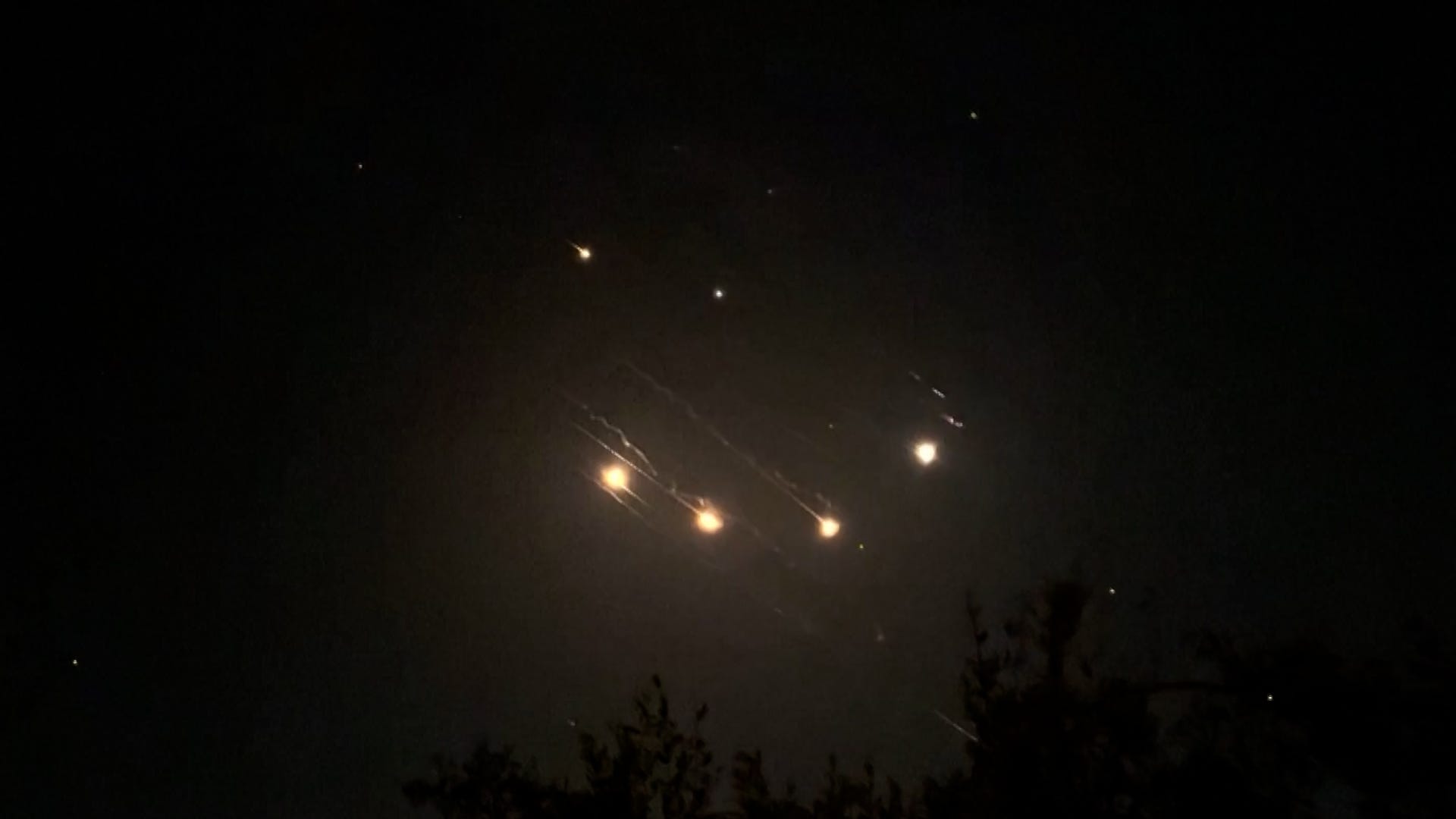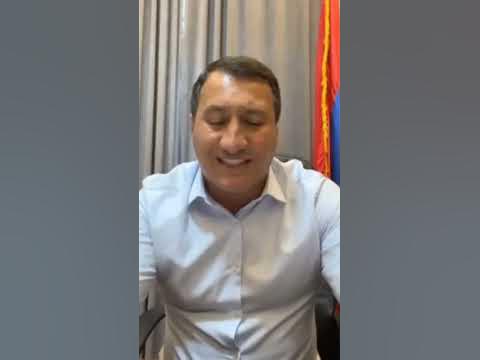Russia's Putin: A Nuclear Weapons Stance On Ukraine

Table of Contents
The Evolution of Putin's Nuclear Threats
Putin's statements regarding the potential use of nuclear weapons in Ukraine have evolved significantly since the conflict began. Analyzing this evolution is key to understanding his current posture and potential future actions. The context surrounding each statement is vital; these weren't random pronouncements but rather calculated moves influenced by battlefield successes and failures, internal political pressures, and attempts to deter Western intervention.
-
Early pronouncements focusing on "deterrence": In the initial phases of the invasion, Putin's nuclear threats were largely veiled, focusing on Russia's readiness to use its nuclear arsenal as a deterrent against direct NATO involvement. This strategy aimed to prevent escalation by emphasizing the catastrophic consequences of confronting Russia directly.
-
Escalation of rhetoric following battlefield setbacks: As the Ukrainian counteroffensives gained momentum, particularly in the latter half of 2022, Putin's rhetoric became more aggressive and direct. Setbacks on the battlefield, such as the retreat from Kharkiv and Kherson oblasts, appeared to correlate with a heightened use of nuclear saber-rattling.
-
Specific instances where nuclear weapons were mentioned (e.g., mobilization announcement): The announcement of partial mobilization in September 2022 coincided with more explicit threats. Putin linked the mobilization directly to the defense of Russian territory, implicitly suggesting that nuclear weapons could be used in response to perceived existential threats. This raised fears globally about the potential for escalation.
-
Changes in the language used (e.g., shift from veiled threats to more direct warnings): The language used has shifted from subtle hints and warnings to increasingly direct statements about Russia's willingness to employ its nuclear arsenal. This shift indicates a potential change in strategy, perhaps driven by desperation or a calculated attempt to intimidate.
Strategic Implications of Putin's Stance
Putin's nuclear threats have profound strategic implications on multiple fronts:
-
Deterrence effect on NATO intervention?: The primary aim has been to deter direct NATO military intervention in Ukraine. The threat of nuclear retaliation aims to constrain Western support and prevent a wider conflict. However, the effectiveness of this strategy remains debated, with some arguing it has inadvertently spurred increased military aid to Ukraine.
-
Impact on Ukraine's willingness to negotiate: The nuclear threat casts a long shadow over peace negotiations. The fear of escalation makes compromise more difficult and increases the risk of a protracted conflict. Ukraine’s willingness to negotiate, already strained by ongoing atrocities, is further impacted by this perceived existential threat.
-
Risk of miscalculation and accidental escalation: The inherent danger in nuclear brinkmanship is the potential for miscalculation and accidental escalation. A series of misjudgments, misunderstandings, or misinterpretations could trigger a catastrophic nuclear conflict, a chilling prospect amplified by Putin's unpredictable behavior.
-
Influence on global nuclear non-proliferation efforts: Putin's actions undermine global efforts to prevent the proliferation of nuclear weapons. His willingness to openly discuss the potential use of nuclear weapons creates a precedent that other nuclear powers might find tempting to emulate.
International Responses and Countermeasures
The international community has responded to Putin's nuclear threats with a mix of condemnation, deterrence, and diplomatic efforts:
-
Statements of condemnation from Western leaders: Leaders of NATO countries and other Western allies have repeatedly condemned Putin's nuclear rhetoric, emphasizing the illegality and unacceptable nature of such threats. These statements, while symbolically important, have not effectively deterred Putin's actions.
-
Increased military deployments in Eastern Europe: NATO has increased its military presence in Eastern Europe as a show of strength and a deterrent against potential Russian aggression. This aims to dissuade escalation by demonstrating the alliance’s commitment to defending its members.
-
Diplomatic efforts to de-escalate tensions: Various diplomatic channels have been employed to de-escalate the situation and prevent miscalculation. These efforts, however, have met with limited success due to the lack of trust and the entrenched positions of the involved parties.
-
Challenges of communication and avoiding misinterpretation: One of the significant challenges is ensuring clear and unambiguous communication to avoid misinterpretations that could escalate the situation. The risk of miscalculation is amplified by the tense geopolitical environment and the unpredictable nature of Putin’s actions.
The Role of Nuclear Doctrine
Russia's official nuclear doctrine, while evolving, provides a framework for understanding Putin's actions. It allows for the use of nuclear weapons in response to an existential threat, a term that has become increasingly ambiguous in the context of the Ukraine war. Any deviations from established doctrine, however subtle, could signal a dramatic shift in Russian strategy. Analyzing the evolution of this doctrine, particularly in relation to the use of nuclear weapons, is vital for comprehending Putin's decision-making process.
Conclusion
This article explored the complexities of Putin's nuclear weapons stance on Ukraine, examining its evolution, strategic implications, and international responses. The ambiguity surrounding Putin's pronouncements contributes significantly to the global uncertainty surrounding the conflict. Understanding the nuances of this stance is critical for assessing the risks of escalation and for informing effective international strategies.
Call to Action: Further research and analysis of Putin's nuclear stance on Ukraine are crucial for informed decision-making and ensuring international stability. Stay informed about the evolving situation and continue to engage in critical discussions about Putin's nuclear weapons rhetoric and its global implications. Understanding Putin's nuclear stance on Ukraine is vital for navigating this dangerous period in international relations.

Featured Posts
-
 Inch E Zijyel Nikvol Pashinyany Adrbyejanin Ishkhan Saghatyelyani Myeknabanvo Tyvo Ny
May 06, 2025
Inch E Zijyel Nikvol Pashinyany Adrbyejanin Ishkhan Saghatyelyani Myeknabanvo Tyvo Ny
May 06, 2025 -
 Ayo Edebiris First Love A Look Back
May 06, 2025
Ayo Edebiris First Love A Look Back
May 06, 2025 -
 The Truth About Gypsy Rose Blanchards Medical History A Genetic Misunderstanding
May 06, 2025
The Truth About Gypsy Rose Blanchards Medical History A Genetic Misunderstanding
May 06, 2025 -
 Garuda Muda Incar Poin Penuh Prediksi Timnas U 20 Indonesia Vs Yaman
May 06, 2025
Garuda Muda Incar Poin Penuh Prediksi Timnas U 20 Indonesia Vs Yaman
May 06, 2025 -
 Miami Heat Coaching Search Is Gregg Popovich A Realistic Option
May 06, 2025
Miami Heat Coaching Search Is Gregg Popovich A Realistic Option
May 06, 2025
